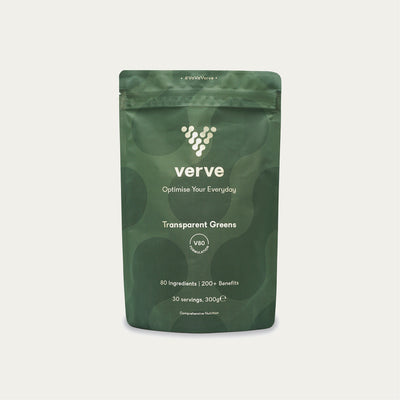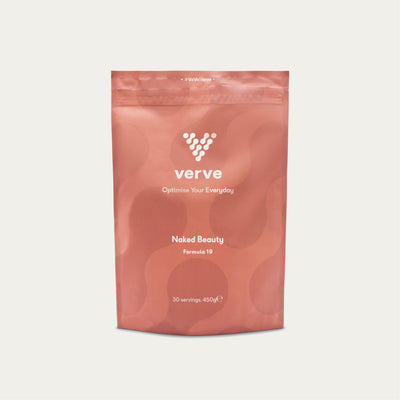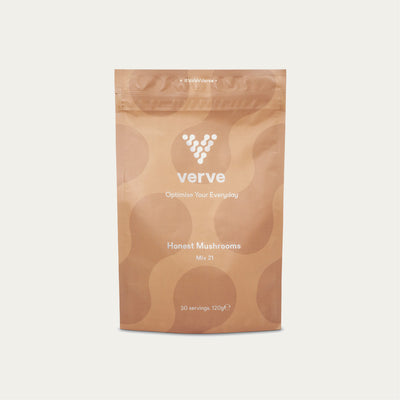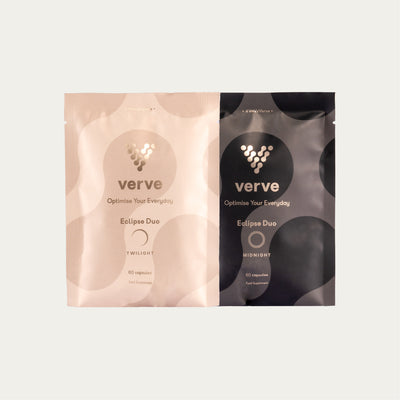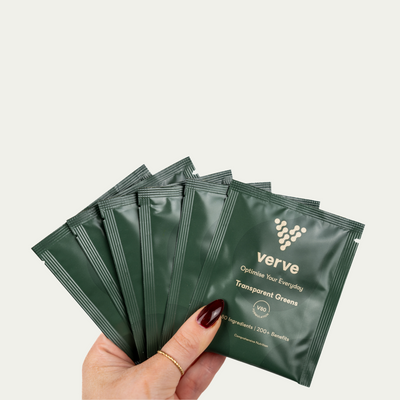How To Combat Fatigue From Antibiotics
Here are the top strategies to combat fatigue from antibiotics:
- Restorative sleep
- Nutritional Support
- Lifestyle changes
- If all falls short; medical support
Below, we’ve explained these points in more detail for you to better understand how to recover from antibiotics and gain back your vitality.
1. Restorative Sleep
When your body is fighting an infection and dealing with the effects of antibiotics, the need for restorative sleep becomes even more paramount.
However, it's not just the quantity of sleep that matters, but its quality. Poor sleep can leave the body's recovery systems inefficient, making it harder to shake off fatigue.
During sleep, the body undergoes numerous restorative processes, such as muscle repair, memory consolidation, and the release of hormones that regulate growth and appetite. Without proper sleep, these processes are hindered, potentially amplifying fatigue and slowing down recovery. Cultivating a sleep environment and routine that promotes restorative sleep is therefore essential.
- Sleep Hygiene: Maintaining a consistent sleep schedule with 7-9 hours of sleep helps your body repair and recover. Ensure your sleep environment promotes rest with minimal noise, light, and comfortable temperatures.
- Wind-Down Routine: Establish a pre-sleep ritual to signal your body that it's time to wind down. This could include reading, taking a warm bath, or gentle stretching.
2. Nutritional Support
The link between diet and energy levels is well-documented, as the body relies on a steady supply of nutrients to generate energy.
A diet lacking in essential nutrients can impair bodily functions, leading to a decrease in energy production and an increase in fatigue, especially when the body is already under stress from antibiotics and infection. Further, antibiotics have the potential to disrupt the delicate balance of the gut's microbiota, which can negatively affect digestion and nutrient absorption.
By focusing on a balanced diet that includes a range of nutrients, you're not just fueling your body with energy, but also aiding in your microbiome's recovery, which is vital for overall health.
- Probiotic Foods: These can help replenish good bacteria in your gut. Think yogurt, kefir, and fermented veggies.
- Vital Nutrients: Iron, vitamin B12, and folate are essential for energy. Red meat, poultry, legumes, and fortified cereals are good sources.
- Hydration: Water is key to all bodily functions. Keep well-hydrated to ensure your bodily systems operate optimally.
Pro tip: Panax Ginseng
This herbal supplement has been traditionally used for its potential to boost energy levels and improve overall well-being. Known as an adaptogen, Panax ginseng may help the body resist the stresses of antibiotic treatment and illness, providing support during recovery. It’s also known to combat mental and physical fatigue.
3. Lifestyle Changes
The way we live our daily lives can either contribute to fatigue or help alleviate it.
Sedentary habits, high-stress environments, and consumption of stimulants have all been shown to impact energy levels.
Movement can stimulate the release of endorphins, which naturally boost mood and energy. Managing stress is equally crucial, as chronic stress can deplete energy reserves, making it harder to recover from the additional strain of antibiotic treatment.
On the other hand, high consumption of stimulants such as caffeine and alcohol can disrupt sleep and further contribute to the cycle of fatigue.
- Low-Impact Exercise: Engage in activities like walking, swimming, or cycling. These can boost energy without overtaxing the body.
- Stress Management: Chronic stress can drain your energy. Techniques like mindfulness, meditation, or journaling can help manage stress levels.
- Limit Stimulants: Avoid excessive caffeine and alcohol, as they can interfere with sleep quality.
4. Medical Support
If fatigue persists, despite attempts to manage it, it's crucial to talk to your healthcare provider.
They can determine if your fatigue is a result of your antibiotic treatment or if there's another underlying cause. Adjustments to your medication or additional treatments may be necessary.
Deep-Dive into Fatigue Management
Managing fatigue requires a holistic approach that considers not only physical health but also mental well-being and environmental factors.
The reason for this is because fatigue exists on multiple levels; you could be physically, mentally, or emotionally fatigued which leaves an impact on how you feel.
Here’s what to consider:
- Physical Health: Beyond diet and exercise, ensure you're allowing your body to heal. Take the full course of antibiotics as prescribed, but also give yourself permission to rest when needed.
- Mental Well-being: Fatigue isn't just physical. Mental exhaustion can be just as debilitating. Engage in activities that you find relaxing and fulfilling to improve your mental state.
- Environmental Factors: Your surroundings can influence your energy levels. A cluttered, chaotic space can add to stress. Create a calming environment that supports relaxation and healing.
- Tailored Solutions: Everyone's body reacts differently to antibiotics, so the best approach is a personalised one. Keep a fatigue diary to track what helps alleviate your tiredness and what doesn't. This can be a powerful tool in identifying patterns and finding strategies that work best for you.
Keep in mind that with antibiotics, you will usually be physically fatigued – but this can then also have an impact on the rest, and cause you to be more tired & stressed.
Advanced Tips: Beyond the Basics
- Mindful Eating: Pay attention to how foods make you feel. Some might offer you a boost, while others could contribute to fatigue.
- Energy Conservation: Prioritise your activities and conserve energy for the most important tasks. Learn to say no when necessary to avoid overexertion.
- Professional Support: Nutritionists, fitness trainers, or therapists can offer professional guidance tailored to your unique situation.
